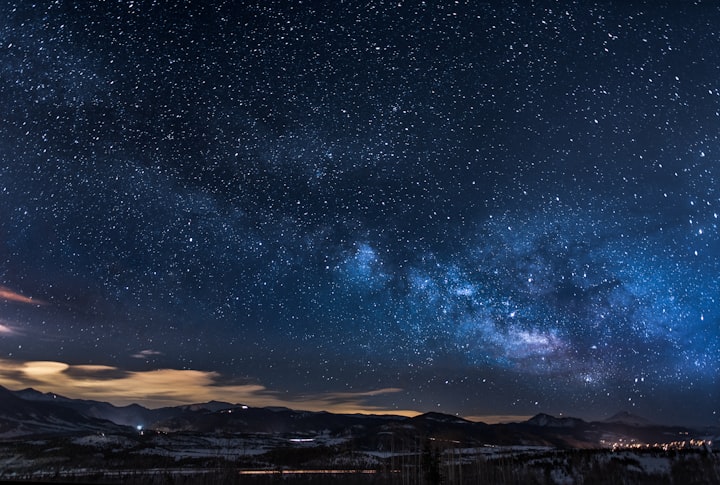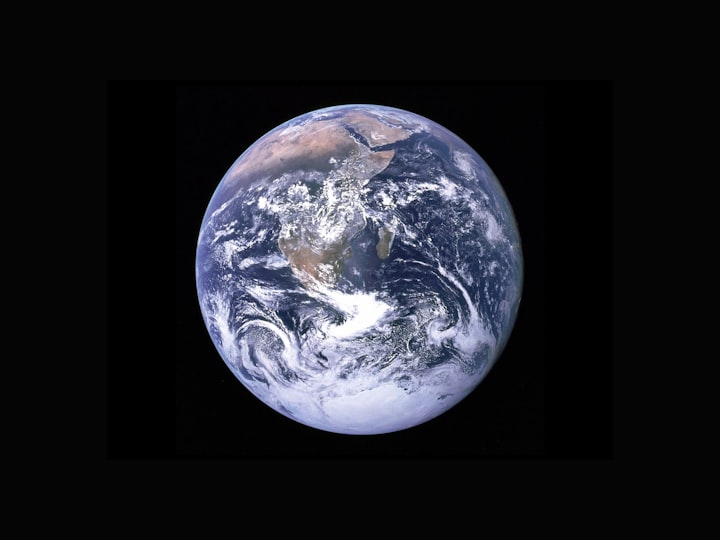
The night sky is a fascinating and beautiful sight to behold. Looking up at the stars, planets, and other celestial objects can inspire a sense of wonder and awe. Here is a detailed article on what we can see in the sky at night.
Stars:
Stars are the most common objects visible in the night sky. They are giant, luminous spheres of gas that emit energy in the form of light and heat. The stars that we see at night are part of our Milky Way galaxy, which contains over 100 billion stars. The brightness of stars is measured in terms of their magnitude, with brighter stars having a lower magnitude.
Constellations:
Constellations are patterns of stars that have been named and recognized by astronomers. There are 88 officially recognized constellations, each with its own unique pattern of stars. Some of the most famous constellations include Orion, Ursa Major (the Big Dipper), and Cassiopeia.
Planets:
Planets are non-luminous celestial objects that orbit stars. They are visible in the night sky because they reflect the light of the sun. The five planets visible to the naked eye from Earth are Mercury, Venus, Mars, Jupiter, and Saturn. These planets can often be seen in the night sky as bright, star-like objects that move across the sky over time.
The Moon:
The Moon is Earth's only natural satellite and is the fifth-largest moon in the solar system. The Moon is visible in the night sky because it reflects the light of the sun. The appearance of the Moon changes over time due to its orbit around Earth, which causes different portions of the Moon to be illuminated by the sun.
Auroras:
Auroras, also known as the Northern and Southern Lights, are a natural phenomenon that occurs in the night sky at high latitudes. Auroras are caused by charged particles from the sun colliding with the Earth's magnetic field, which causes a colorful display of light in the sky.
Meteor Showers:
Meteor showers are events that occur when the Earth passes through a stream of debris left behind by a comet. As the debris enters the Earth's atmosphere, it burns up and creates streaks of light in the sky called meteors.
In conclusion, the night sky is a beautiful and awe-inspiring sight, filled with stars, constellations, planets, and other celestial objects. By taking the time to look up at the sky at night, we can gain a deeper appreciation for the universe around us and our place in it.
Observatories are facilities used by astronomers and other scientists to observe and study celestial objects and phenomena. They typically house telescopes, instruments, and other equipment that are used to collect data and images from the sky.
Observatories can be found around the world, both on the ground and in space. Some of the most famous ground-based observatories include the Keck Observatory in Hawaii, the Very Large Telescope in Chile, and the Mauna Kea Observatories in Hawaii.
In addition to traditional observatories, there are also radio telescopes, which are designed to detect radio waves emitted by celestial objects. Some famous radio telescopes include the Arecibo Observatory in Puerto Rico and the Parkes Observatory in Australia.
Observatories are important because they allow scientists to study the universe in more detail than would be possible with the naked eye or even with small telescopes. They have been used to make many important discoveries, including the existence of dark matter and the discovery of exoplanets outside our solar system.
T H A N K ' S F O R R E A D I N G
L I K E N O W ☺️😘





Comments
There are no comments for this story
Be the first to respond and start the conversation.